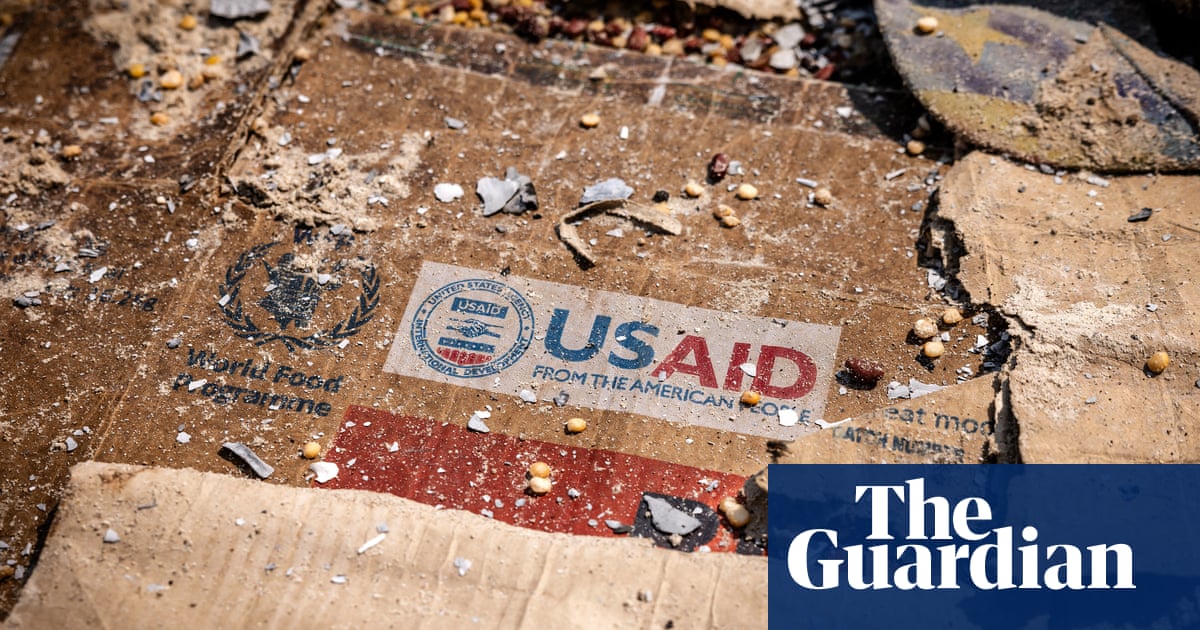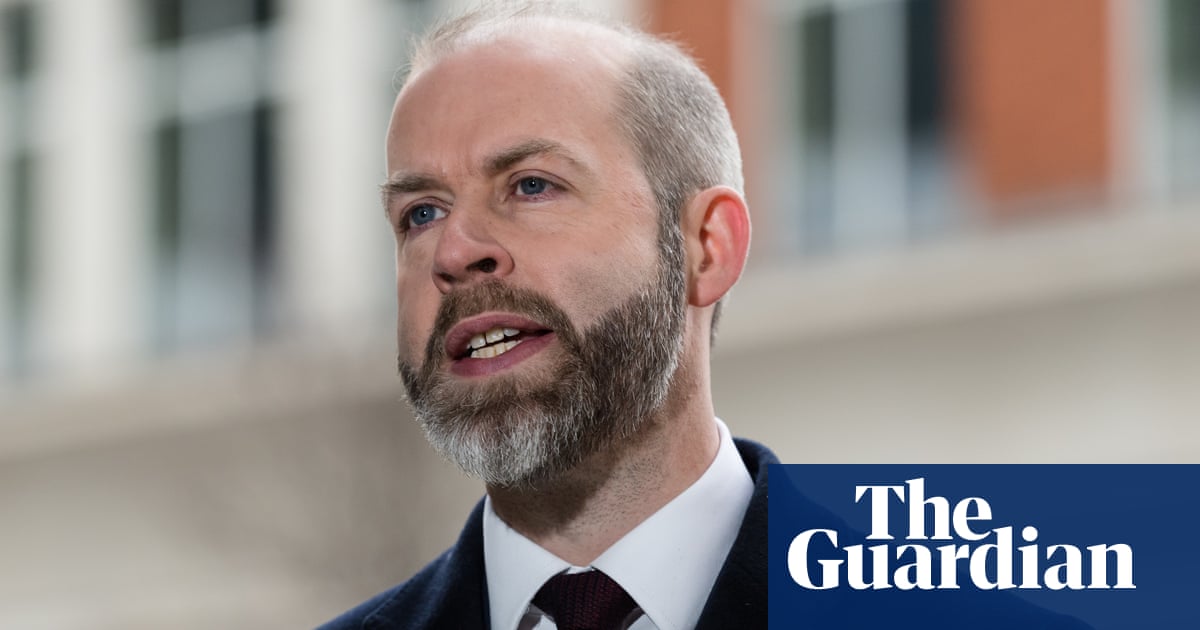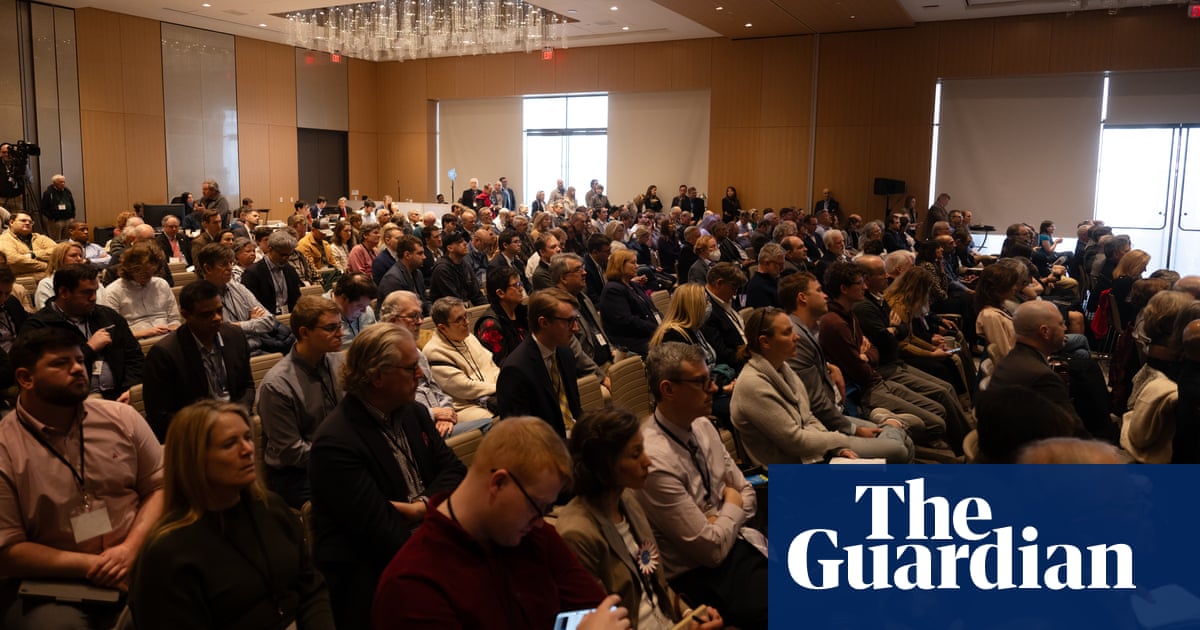Thousands of farmers plan to descend on central London on Tuesday to protest against changes to inheritance tax announced in the budget last month. The farmers argue the changes will destroy family farms, while the government says it will make no difference to food security. But who is right?
What are the tax changes?
Since 1992, agricultural property relief (APR) has meant family farms have been passed down tax-free in a policy intended to bolster food security and keep people on the land. This tax exemption was made because farming is often not a lucrative business, and the work is difficult, so people often do it simply because it is the family business. If farmers sell up, this affects food security. The UK now produces less than 60% of the food its inhabitants eat.
The budget changed this: from 6 April 2026, the full 100% relief from inheritance tax will be restricted to the first £1m of combined agricultural and business property. Above this amount, landowners will pay inheritance tax at a reduced rate of 20%, rather than the standard 40%. This tax can be paid in instalments over 10 years interest free, rather than immediately, as with other types of inheritance tax.
Why does the government say they are needed?
Labour says those with the broadest shoulders should bear the largest tax burden in order to fix the UK’s creaking public services. The environment secretary says this change could raise £200m a year for the NHS and other services, and that the changes would not affect most farms. Steve Reed said: “Small family farms will not be affected. Only about 500 estates a year will pay more under the new scheme than they do today.”
Will it really affect just 500 farmers a year?
This claim comes from the number of estates that qualified for APR last year. Some say this is misleading, however, as the new rules roll together APR and business property relief, which used to give separate allowances for farmers – they could claim APR for their land, and BPR for all business assets such as farm machinery. Now, when farmers are given a £1m threshold – and a combine harvester can cost as much as £500,000 – you can see how BPR could eat this up.
The Treasury has worked out how many farms claimed APR last year but not how many farmers claimed BPR. So without these values added together, some say we cannot see the true picture of how many farms will qualify for the tax. The number of farmers affected will be higher, as they will both be rolled together with a ceiling of £1m, so those currently claiming for both separately will be unable to enjoy both exemptions in future.
Jeremy Moody from the Central Association of Agricultural Valuers, an association of 3,000 professionals who value farm estates, said: “For ministers to see an APR claim as the sum total of a farm is to miss the point that APR is only about land and buildings, leaving machinery, livestock, deadstock, other farming assets and diversified activities for BPR … The lack of data given for BPR claims is concerning when we seek an informed debate.”
The farming minister, Daniel Zeichner, has also said there is a “discrepancy” in the numbers, with the National Farmers’ Unionsaying Defra’s own figures show that 66% of the UK’s 209,000 farms are worth more than £1m and so potentially eligible to be taxed. Tom Bradshaw, the NFU president, said: “Far from protecting smaller family farms, which is what ministers say they’re doing, they’re actually protecting private houses in the country with a few acres let out for grazing while disproportionately hammering actual, food-producing farms, which are, on paper, much more valuable. Even Defra’s own figures show this, which is why they’re so different to the Treasury data this policy is based on.”
Labour also says farms worth £3m could end up being exempt because married couples are able to claim £1m each tax free as well as a family home worth up to £1m. Moody added that for this to be the case, the farm would have to be jointly owned and neither person have any other personal assets. And with many farmers holding on to their businesses until death, it is likely that some are widowed and therefore this will not apply to them.
What are the political implications?
Labour has about 100 MPs with a rural aspect to their constituency. Many of these seats were won for the first time at the general election with fairly tight majorities. Labour peer Ann Mallalieu said the party had “sacrificed goodwill” with these constituencies and said people had told her they regretted voting for Labour.
After many years of being squeezed by supermarkets to the point where farmers get just 1p for every loaf of bread or block of cheese sold, and seeing their subsidies disappear after Brexit, farmers are desperate. Many are seeing their incomes plummet as extreme weather hits yields. Now, many fear being unable to pass on a viable business to their descendants.
James Rebanks, a sheep farmer,said: “The system has been exploitative and broken for decades. Long before [chancellor] Rachel Reeves entered the Treasury, farmers have been pulling the short straw. And much of the pain inflicted was courtesy of the Tories.”
Tom Lancaster, land, food and farming lead at the Energy and Climate Intelligence Unit, said the row “makes it harder for government to have a conversation with farmers on all the hard stuff we need them to do on net zero and climate adaptation, water quality and cleaner rivers, [and] nature recovery… [I]t’s the loss of this opportunity and collateral damage these reforms create that present the bigger cost for this government in the longer term.”
When communities feel ignored by mainstream politics, this leaves a gap for the far right to take advantage, as has happened in continental Europe. The Guardian has reported that the far right plan to try to hijack the protest on Tuesday.
What are the alternatives?
In France, the only country in Europe with full food self-sufficiency meaning they do not have to rely on imports, farmers can access tax relief if they jump through administrative hoops to prove they work the land themselves.
Guy Singh-Watson, an organic farmer and founder of Riverford Organic vegetable boxes, who broadly supports the government’s plan, said: “Land in the French Vendée – where I have owned a 120-hectare (300-acre) farm for the past 15 years – is less than a 10th of the price of equivalent land in Devon, where I also farm. To be a farmer there, you have to be deemed fit to farm by the local administration. I doubt whether many landowners simply buying up farmland would pass that test.” He suggested a similar policy could be put in place in the UK, with true farmers given tax benefits.
Emily Norton, a dairy farmer and Farmers’ Weekly columnist, suggested that for elderly people who don’t have seven years to pass down their farm, which is the amount of time parents can pass down assets to their children tax-free before they die, the “government should, as a minimum, be underwriting insurance premiums for older landowners who are now looking to pass on assets but risk not surviving seven years. It’s not fair that they don’t have the chance to arrange their affairs as younger landowners may be able to.” Others have suggested exempting those over the age of 80 from the changes.
Some argue that separating APR and BPR again could make an important difference, while others have argued that Labour could raise £24bn a year from a 2% tax on wealth above £10m.
Labour says it is “those with the broadest shoulders” who will be affected by this tax change, but most of the landed gentry are exempt from it. If their home and estate is deemed of cultural and historic value, it can avoid inheritance tax. Guy Shrubsole, author of The Lie of the Land, said: “While everyone’s debating changes to APR, than 350 aristocratic estates are also claiming an additional tax break – the ‘tax-exempt heritage assets’ scheme – and using it to prop up ecologically damaging grouse moors and pheasant shoots. Closing this tax loophole would raise money for public services and give nature a break, too.”

 3 months ago
56
3 months ago
56













































